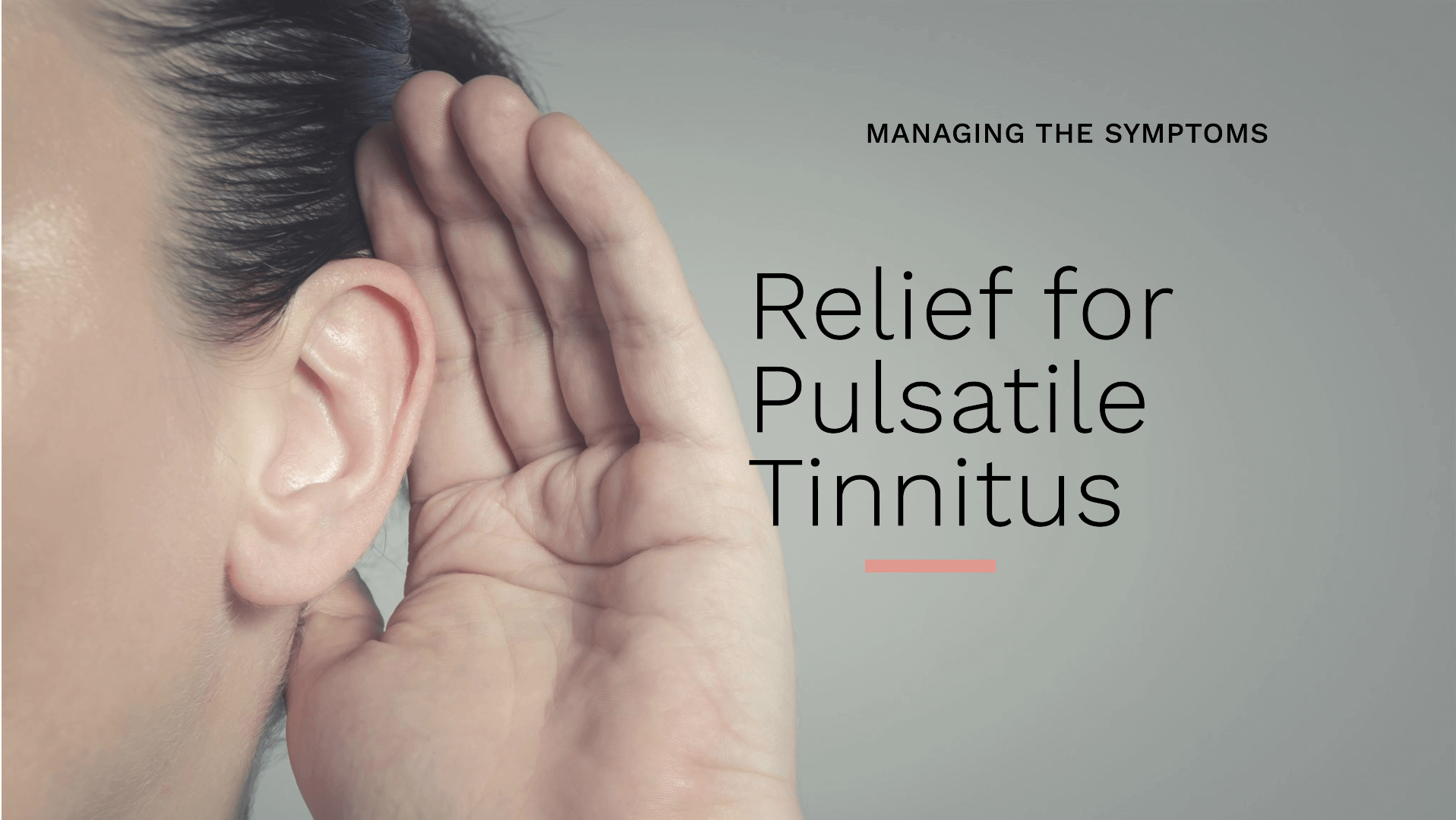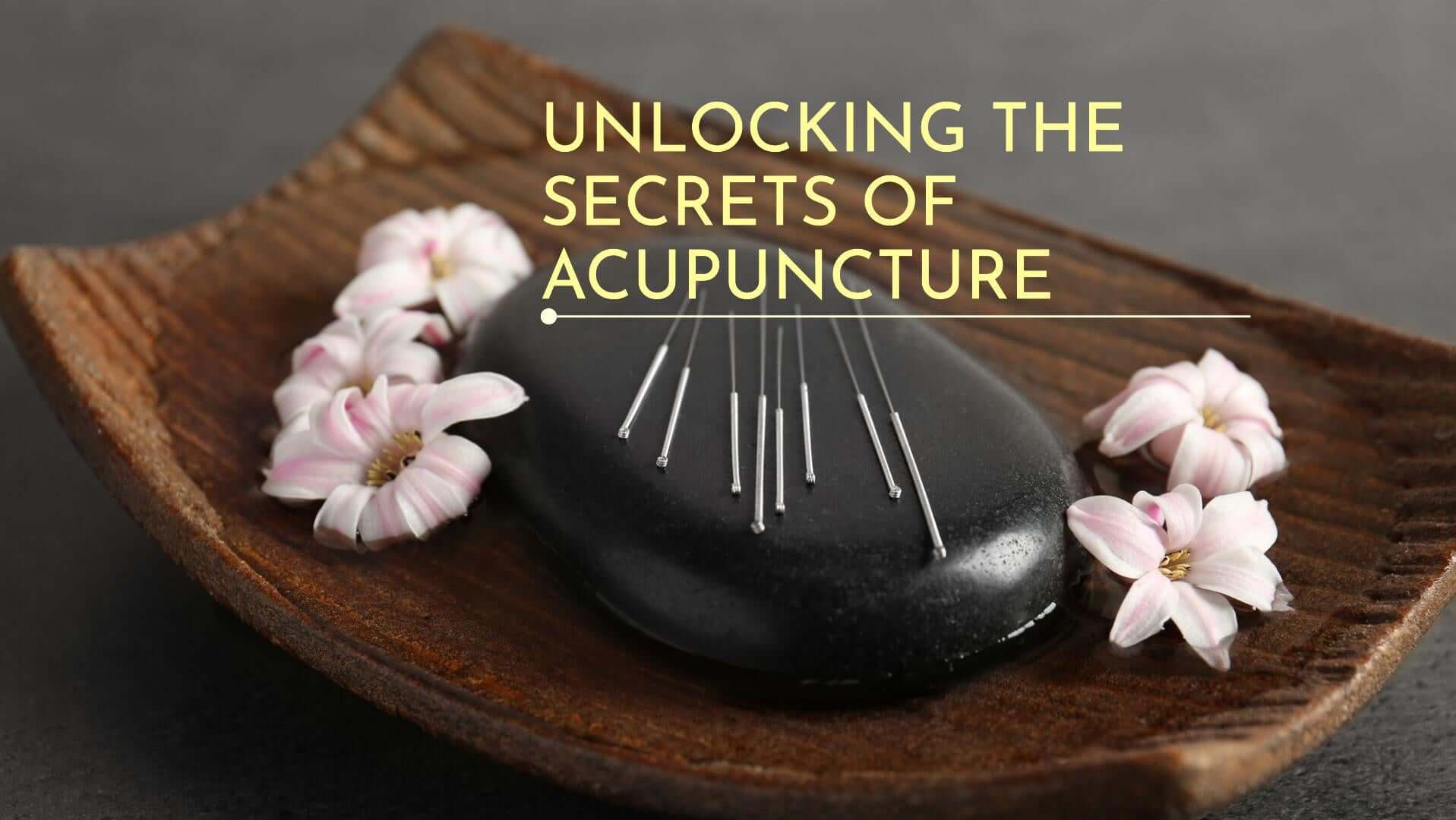Managing the symptoms of pulsatile tinnitus involves a combination of lifestyle adjustments, stress reduction, and medical interventions.
Pulsatile tinnitus is a specific type of tinnitus (ringing in the ears) where individuals hear a rhythmic noise in their head or ears that corresponds to their heartbeat. Unlike regular tinnitus, which often presents as a constant ringing sound, pulsatile tinnitus tends to be synchronized with the heartbeat or may sound like a whooshing sensation¹².
Pulsatile Tinnitus Symptoms and Causes
The most common symptom of pulsatile tinnitus is a rhythmic swooshing or whooshing noise inside the head, often in sync with the pulse. This occurs due to changes in blood flow near the ears, affecting veins, arteries, and other vascular structures².
Causes of pulsatile tinnitus include:
Vascular Diseases: Conditions affecting blood vessels, such as high blood pressure, atherosclerosis, or malformations.
Anemia: Reduced red blood cell count leading to altered blood flow.
Tumors: Rarely, tumors near the ear can cause pulsatile tinnitus.
It's essential to recognize that pulsatile tinnitus may be a warning sign of an underlying medical issue, so any sudden unexplained change in your body warrants contacting a healthcare provider promptly²⁵.
Impact on Well-Being:
- Pulsatile tinnitus can disrupt concentration, sleep, and work, similar to regular tinnitus.
- Some individuals may experience depression or anxiety due to the persistent noise.
- Importantly, it serves as an early indicator of potentially serious medical conditions².

How Can I Manage the Symptoms of Pulsatile Tinnitus?
Here are some strategies and natural remedies for tinnitus you can consider:
Lifestyle Modifications
Reduce Caffeine and Salt Intake: High caffeine and salt levels can affect blood pressure and blood flow. Limiting these substances may help.
Stay Hydrated: Proper hydration supports overall health and blood circulation.
Avoid Loud Noises: Protect your ears from loud sounds, as exposure to noise can worsen tinnitus.
Regular Exercise: Physical activity improves blood flow and reduces stress.
Stress Management
Relaxation Techniques: Practice deep breathing, meditation, yoga, or essential oils to reduce stress and promote relaxation.
Biofeedback: Biofeedback therapy helps you gain control over physiological responses, including blood flow and muscle tension.
Counseling: Cognitive-behavioral therapy (CBT) can help you cope with tinnitus-related stress and anxiety.
Medical Interventions
Address Underlying Conditions: If pulsatile tinnitus is due to an underlying health issue (e.g., high blood pressure, anemia, or vascular malformations), treating that condition may alleviate symptoms.
Medications: Some medications (such as antianxiety drugs or antidepressants) may help manage tinnitus.
Sound Therapy: White noise machines, fans, or soothing music can mask the tinnitus sound and improve sleep.
Hearing Aids: If you have hearing loss along with tinnitus, hearing aids can enhance overall hearing and reduce tinnitus perception.
Vascular Surgery or Interventional Radiology: In severe cases, surgical or minimally invasive procedures may be considered to address vascular abnormalities.
Consult a Healthcare Provider
Visit an Ear, Nose, and Throat (ENT) Specialist: An ENT doctor can evaluate your symptoms, perform necessary tests, and recommend appropriate treatments.
Keep a Tinnitus Diary: Note when the symptoms occur, their intensity, and any triggers. This information will help your doctor tailor the treatment plan.
Remember that individual responses to treatments vary, so it’s essential to work closely with a healthcare professional to find the most effective approach for managing pulsatile tinnitus.
Prevalence
Pulsatile tinnitus is relatively rare, accounting for about 10% of the estimated 50 million people with tinnitus².
Remember, if you suddenly notice pulsatile tinnitus or experience related symptoms, seek medical evaluation promptly to rule out any underlying health issues²⁵.

Frequently Asked Questions
What is Pulsatile Tinnitus and How Does it Differ from Regular Tinnitus?
Pulsatile tinnitus is a type of tinnitus where the noise you hear beats in time with your pulse. This condition is different from regular tinnitus, which is often described as a constant ringing, buzzing, or hissing sound without a rhythmic pattern.
Pulsatile tinnitus is usually caused by changes in blood flow in the vessels near your ears or by a condition that affects the movement of your bones or muscles in your ear.
Are There Specific Products Recommended for Pulsatile Tinnitus Relief?
For pulsatile tinnitus relief, products like white noise machines, hearing aids equipped with tinnitus masking features, and sound therapy apps are highly recommended.
Choosing a product that offers customizable sound options can be particularly beneficial, as it allows users to find the exact sound that provides the most relief for their specific type of tinnitus noise.
Can Sound Therapy Help with Pulsatile Tinnitus?
Yes, sound therapy can be beneficial for individuals with pulsatile tinnitus. While it may not cure the condition, sound therapy can mask the noise, making it less noticeable and reducing the impact on your daily life.
Devices such as white noise machines, specialized apps, or hearing aids programmed to counteract the specific frequency of your tinnitus can provide significant relief.
Is Sound Therapy Safe for Everyone with Pulsatile Tinnitus?
Sound therapy is generally safe for most people with pulsatile tinnitus. However, it's important to consult with a healthcare professional or an audiologist to ensure it's the right choice for you, especially if your tinnitus is linked to underlying health issues.
How Quickly Can I Expect to See Results from Using Sound Therapy for Pulsatile Tinnitus?
The effectiveness and speed of relief from sound therapy can vary from person to person. Some individuals may notice immediate relief when using sound therapy devices, while others may need to use them consistently for several weeks before noticing a significant reduction in their tinnitus symptoms.
It’s important to give the therapy time and adjust settings as needed for the best results.
Source:
- What causes pulsatile tinnitus?. https://microsoftstart.msn.com/en-us/health/ask-professionals/in-expert-answers-on-tinnitus/in-tinnitus?questionid=bocxqep9&type=condition&source=bingmainline_conditionqna.
- Pulsatile Tinnitus: What It Is, Causes & Treatment - Cleveland Clinic. https://my.clevelandclinic.org/health/diseases/23422-pulsatile-tinnitus.
- Is it worrisome to hear a pulse in my ear? - Harvard Health. https://www.health.harvard.edu/diseases-and-conditions/is-it-worrisome-to-hear-a-pulse-in-my-ear.
- Pulsatile tinnitus - Tinnitus UK. https://tinnitus.org.uk/understanding-tinnitus/what-is-tinnitus/types-of-tinnitus/pulsatile-tinnitus/.
- Pulsatile Tinnitus FAQ | Northwestern Medicine. https://www.nm.org/conditions-and-care-areas/neurosciences/northwestern-medicine-pulsatile-tinnitus-clinic/pulsatile-tinnitus-faq.





